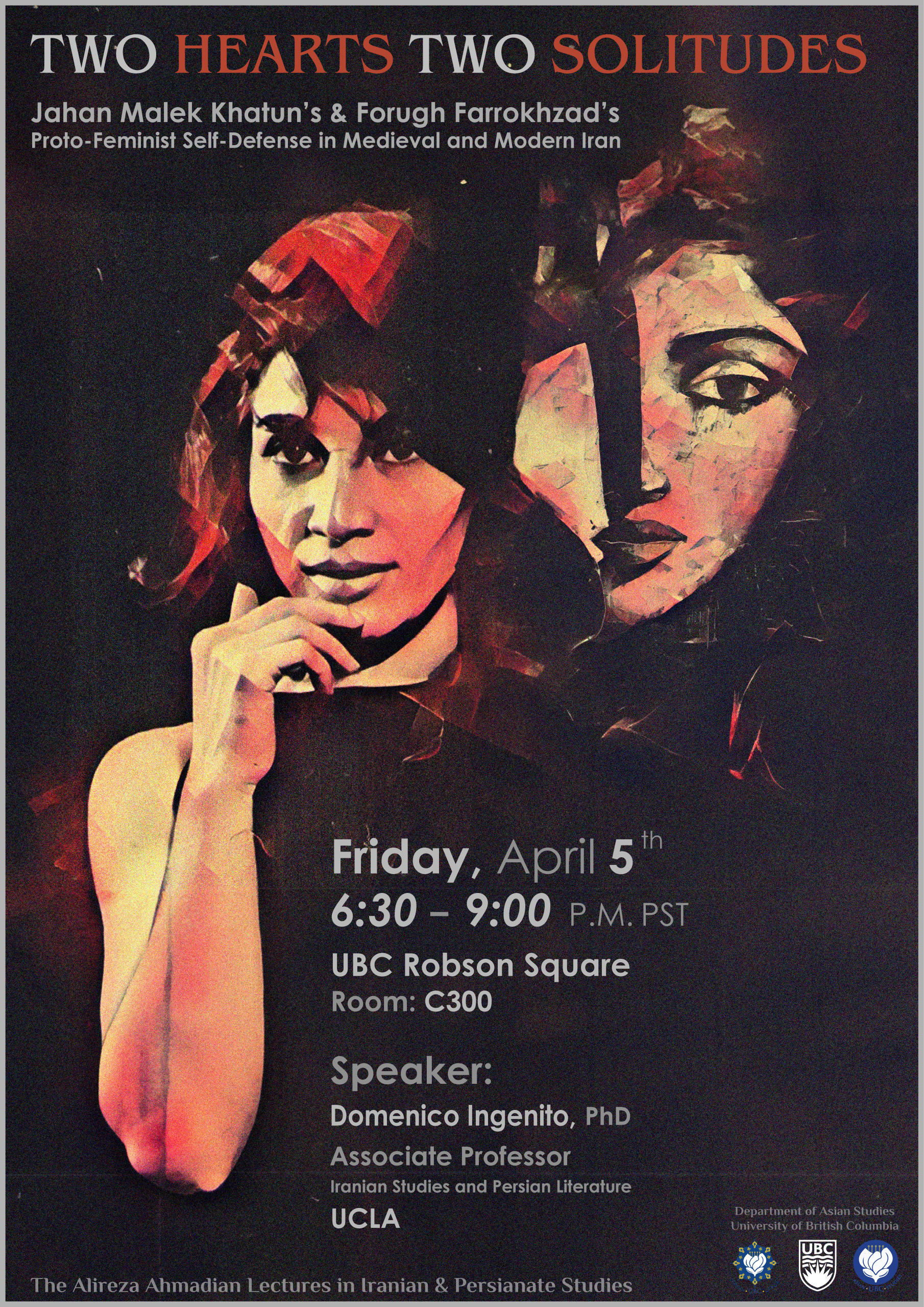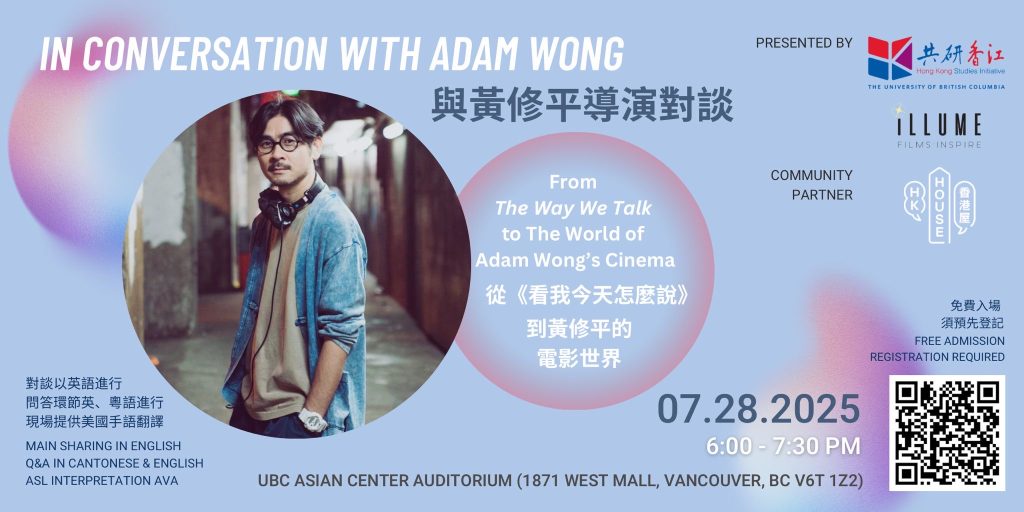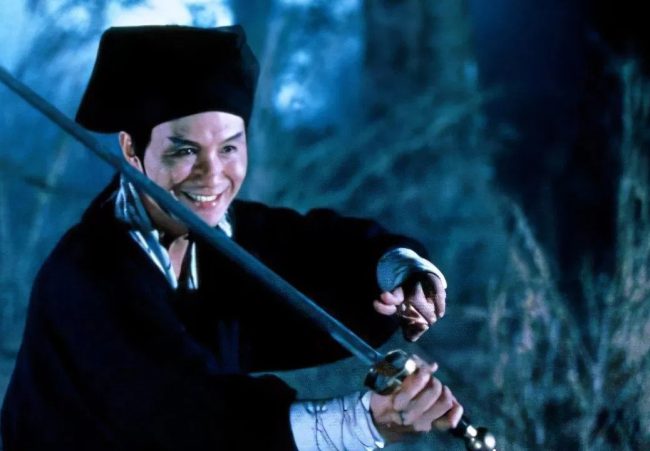

The event recording is now available:
The Alireza Ahmadian Lecture in Iranian and Persianate Studies presents: “Two Hearts / Two Solitudes”: Jahan Malek Khatun’s and Forugh Farrokhzad’s Proto-Feminist Self-Defense in Medieval and Modern Iran on April 5, 2024.
It is not surprising that, having lived six centuries apart, Persian poet-princess Jahan Malek Khatun (d. after 1382 CE) and modernist Iranian poet Forugh Farrokhzad (1934-1967) have very few traits in common. Born into an aristocratic family that reigned in Shiraz until 1357 and which offered her the privilege of literacy and education in the same court where Hafez began his career, Jahan sought literary patronage under foreign rule and, in her old age, she completed what we regard today as the most important poetry collection composed by a medieval Iranian woman.
Farrokhzad, who received no formal literary training, was raised between Mazandaran and Tehran in the bosom of a family that belonged to the emerging middle class on which Reza Shah Pahlavi heavily relied to advance Iran’s vertiginous process of modernization. She published four collections of poetry, made an arrestingly beautiful short film, and died in a tragic car accident at the age of 32.
Jahan strove to respect the social prescriptions of medieval Shiraz. In order to fulfill the homonormative aesthetic expectations of her time, she adopted in her lyric texts (ghazals) a male lyric persona that expressed longing and desire for young men. Farrokhzad, on the contrary, imbued her modernist poetry with the celebration of heterosexual desire from the perspective of a woman who does not shy away from gazing upon the male body. Against all societal expectations, she developed an approach to the literary expression of sexuality that defies the boundaries of normativity.
Despite such remarkable differences, the two poets happened to develop kindred lines of thought in two pieces of writing in which they defend the right of women to write erotic poetry in a society dominated by patriarchal values. This talk will present and compare these two exceptionally lucid documents of self-defense, which, for different reasons, are yet to receive the critical attention they deserve. Moreover, this comparative approach will offer the opportunity to appreciate Jahan’s and Farrokhzad’s poetry through the lens of female creative agency and beyond preconceived gender binaries.
Speaker
Domenico Ingenito is the Associate Professor of Iranian Studies and premodern Persian Literature at the University of California, Los Angeles, Bahari Fellow in the Persian Arts of the Book (Bodleian Libraries, University of Oxford), core faculty member of the Pourdavoud Center for the Study of the Iranian World, and former director of the UCLA Program on Central Asia (2016-2021). His research interests center on ancient and medieval Iran, Persian poetry, visual culture of Iran and Central Asia, gender and translations studies, and premodern manuscript culture.
This event will be held in-person. Light refreshments will be provided.
Registration required. Register here: https://ubc.zoom.us/webinar/register/WN_e7862LMUQ-62pBnzuXe4tA

